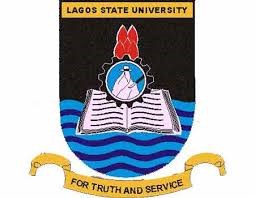Betrayal and Redemption: A Theological Exploration of Luke 22:1-6 and its Moral Lessons for Nigerian Christians
DOI:
https://doi.org/10.5281/zenodo.14994087Keywords:
Luke 22:1-6, betrayal, redemption, forgiveness, Nigerian Christians, biblical exegesis, theological reflectionAbstract
Nigeria is going through a period of political and economic transition after over 50 years of independence. Despite this fact, the country is richly blessed with linguistic, ethnic, political, cultural and religious diversity. There are three basic religions in the country which includes Christianity, Islam and Africa Traditional Religion. Christianity as one of the major religions has often addressed the issue of bribery as well as gave several moral lessons in guiding the lives of its adherents. This study explores the theological significance of Luke 22:1-6, focusing on Judas’ betrayal and its implications for Nigerian Christians. Despite the religiosity, discipleship and the closeness of learning at the feet of Christ, he still managed to get deceived by the Devil and finally betrayed Christ. Through Biblical exegesis, narrative, descriptive and theological reflection, this paper examines the complex interplay between human sin and divine providence. The study reveals that Jesus’ sacrifice serves as a paradigm for redemption, forgiveness, and loyalty. This research applies biblical principles to contemporary Nigerian contexts, addressing themes such as .:the nature of sin and Judas betrayal, bribery in Nigeria and its effects, trusting God’s sovereignty amidst challenges, and embracing redemption and forgiveness. Findings reveal that, this study will contribute tremendously to biblical scholarship providing moral guidance for all Christians, and as well enhances understanding of redemption and forgiveness. It concludes and recommends among others that, the Nigerian Christians should embrace the valuable moral lessons provided in Luke 22:1-6, among which are, loyalty and faithfulness in the face of temptation, trusting God’s sovereignty amidst uncertainty and embracing forgiveness and redemption



















